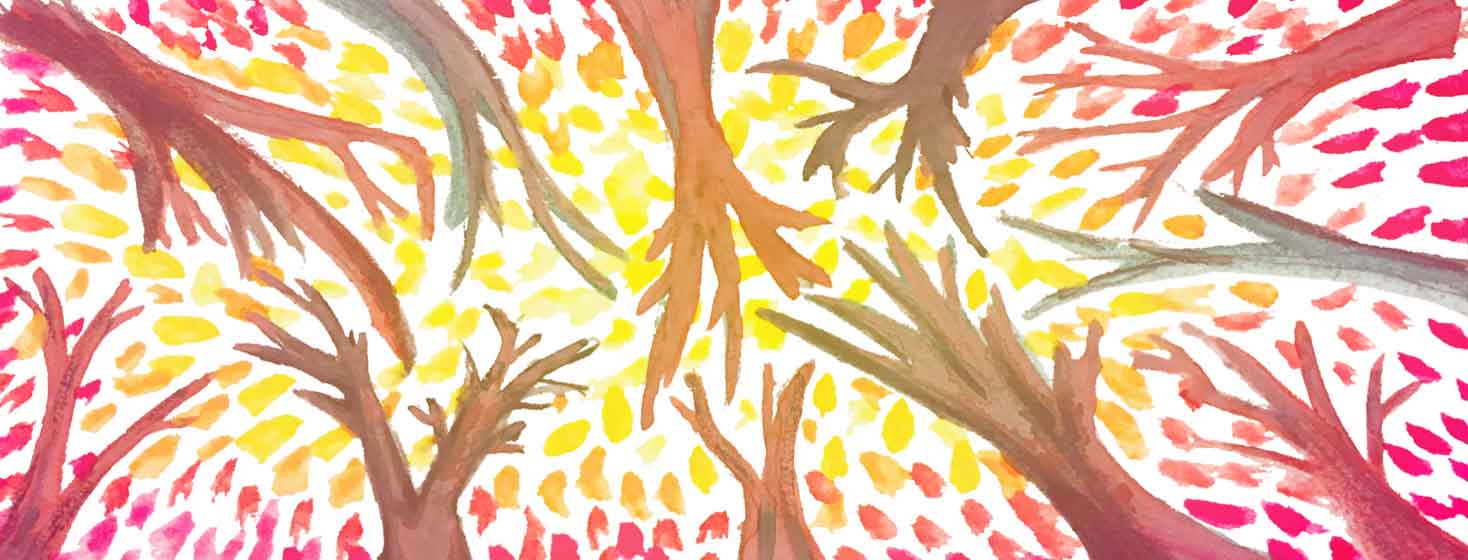Family Medical Histories and Not Knowing About Health Conditions
One of the things I hate the most about going to a new doctor is filling out the family medical history form. Admittedly, I used to think that this was such a cumbersome task. Who actually knows all of this stuff anyway? Although I was blessed to have both of my biological parents in my life, I never really KNEW their medical history. When it came to major things (that happened after I was at least a pre-teen) like a history of strokes or cancer, I knew that. But, when it came to some of those other items, I didn't know much of anything.
And Lord forbid the form asks about aunts, uncles, cousins, and siblings (well I don't have any of those - but you know what I mean). Honestly, do any of us really know THAT MUCH about our families? Better yet, does this lack of knowledge contribute to continued misdiagnosis and under-diagnosis of medical conditions?
Family medical history is key to your health
Although family medical histories are important in the healthcare community, no one really emphasizes this until it's too late. In fact, knowing one’s family medical history may be far more important than any one person can imagine.
Consider this - there are so many people who have no idea who their family members are and for various reasons. Historically, a lack of ancestral knowledge has plagued underserved communities and communities of color. Similarly, both of these are at a disproportionately higher risk for most chronic health conditions.
However, no one really understands why this is happening. Is it because these community members don't know enough about their family history to prevent these conditions? When you combine the frequent occurrences of misdiagnosis and under-diagnosis with a lack of awareness about a person's family medical history, it has the potential to have a devastating impact.
Misdiagnosed conditions: it may just be a family affair
I was diagnosed with pregnancy-induced heart failure (PPCM). I had no previous knowledge of heart problems in my family. However, research revealed a few cases of cardiomyopathy on my father’s side alone.
I had a first cousin who died shortly before my diagnosis from heart failure. Hers started from birth but became worse from her life choices. A long distant cousin died at a young age from undiagnosed heart failure. Even my paternal grandmother’s niece had an LVAD just like me. Yet, NO ONE IN MY FAMILY knew (or spoke) about them until AFTER I was diagnosed.
Had misdiagnosis or under-diagnosis left my family unprepared? Was there a genetic cause that had gone unnoticed? It's possible more cases of heart failure within my own family exist but remain hidden. In communities of color, there is a shroud of secrecy when it comes to discussing family issues in general.
Trace your roots, strengthen your tree
Unfortunately, underserved communities in America face numerous challenges when trying to understand their family history. Some families are disconnected geographically. Large age gaps between generations prevent people from keeping in touch. Some have broken ties for various reasons.
Fortunately, there's hope in finding one's medical history. Tracing one's roots through genealogy sites may provide links to lost relatives with knowledge about the family's medical history. Other options include genetic testing. These can tell what may be happening in current generations. But the most important thing we can do is talk with other family members. We must keep trying to learn as much as we can from our past to protect our future. It is important that we break the silence - our very lives depend on it.

Join the conversation